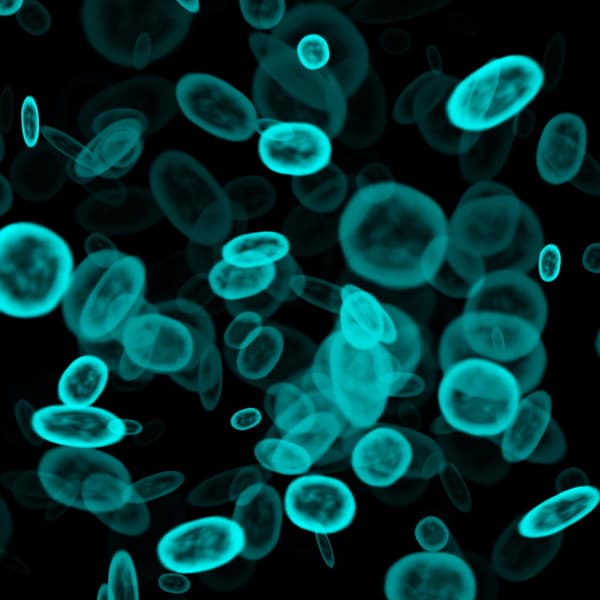
We often think of our homes as a safe haven, free from the dirt, debris, allergens, and germs that live in the outside world. However, what many homeowners don’t know is that the quality of the air inside their homes is actually a lot worse than they’d like to believe. There are a number of factors that contribute to poor indoor air quality, and this week, we are going to be discussing them.
Of course, we are not trying to suggest that your home is a dangerous battlefield. But, it is important to be aware of the factors that contribute to reduced indoor air quality in order to help improve it. Keep reading below to learn more!
So, What Reduces IAQ?
There are a number of things that contribute to poor indoor air quality. Here are a few of them:
1. Pollutants
Indoor air pollutants are a big problem in many households, and a standard HVAC air filter is not nearly enough to prevent these pollutants from contaminating the air. Your air filter was designed solely to protect your HVAC system, so it really is not going to do much to change the quality of the air you breathe. Common household pollutants include:
- Smoke from cooking, tobacco, and fireplaces
- Aerosol sprays and cleaning products
- Dust and dust mites
- Pollen
- Pet dander
- Organic compounds
- Gases from paints and glues
So, what can be done? Installing an air filtration system or an air purifier is a great way to reduce the number of pollutants in the air. Air filtration systems and air purifiers are installed directly into your HVAC system to trap pollutants as they circulate throughout the system.
2. Humidity
The humidity levels in your home could also be contributing to poor indoor air quality. Relative humidity describes the percentage of moisture in the air. Typically, we feel most comfortable with a humidity level of about 40%-50%. Both low humidity and high humidity levels can negatively impact your indoor air quality, contributing to health issues and damaged furnishings.
So, what can be done? If you are suffering the effects of high humidity, installing a dehumidifier might be your best option. If your home has very dry air, installing a humidifier can reverse the issue. Both of these systems can be fully integrated into your existing HVAC system, treating the air that passes through.
3. Germs
The average household can be a breeding ground for germs and bacteria. Often, we assume our homes are free of the germs and bacteria that are found in public places, but in actuality, the majority of the germs we are exposed to are found right inside our own homes.
So, what can be done? Installing a UV light purifier can eliminate the germs and bacteria that circulate in your air. This can be installed directly into your HVAC system so that all of the air passing through gets clean. The UV light kills small organic matter almost instantly as it passes by.
When you need HVAC services in Grand Rapids, MI, don’t hesitate! GRmetro Heating and Cooling Inc is here to help. Contact us today.





